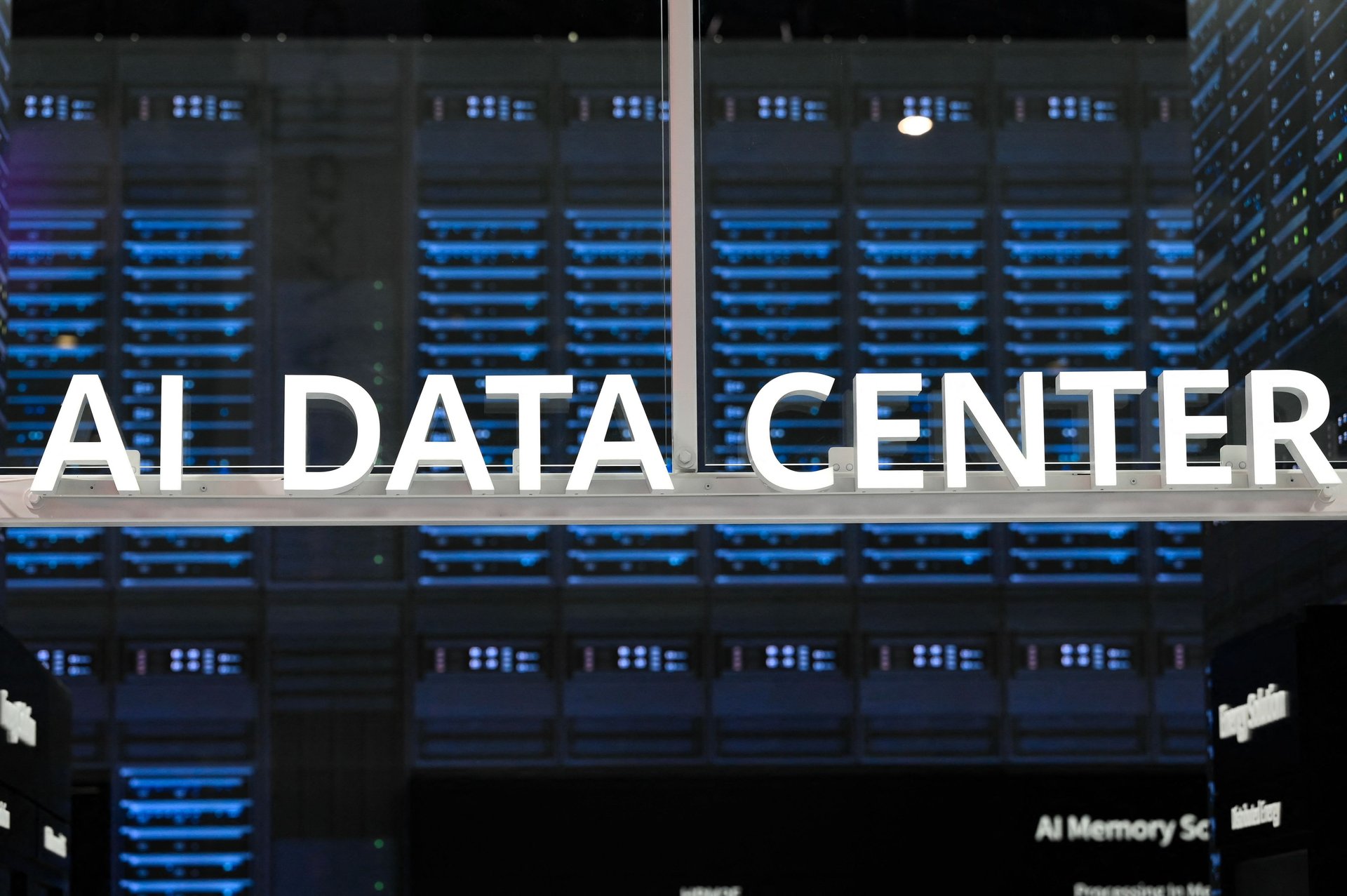The AI boom will require $7 trillion in global investment, Brookfield says
Brookfield is one of the major players involved in the buildout of AI infrastructure such as data centers

JOSEP LAGO/AFP via Getty Images
The rapid growth of artificial intelligence will require about $7 trillion of capital – equivalent to about a quarter of U.S. gross domestic product – according to one of the world’s biggest investors.
Suggested Reading
Brookfield is one of the major players involved in the buildout of AI infrastructure, such as data centers, and across its various different entities it manages more than $1 trillion in assets.
Related Content
“There’s a lot of capital that needs to go in. We estimate about $7 trillion. That’s a large number,” said Hadley Peer Marshal, chief financial officer at Brookfield Asset Management, in a Bloomberg interview. “That’s going to bring about $10 trillion of productivity on an annual basis.”
The company estimates that to match demand over the next decade, about $2 trillion needs to go towards “AI factories,” $4 trillion needs to go on computing infrastructure, while $500 billion needs to go on “power and transmission” and “strategic adjacencies,” respectively, per the interview.
Brookfield’s New York-based asset management arm has already deployed tens of billions into the space, according to an August letter to investors from chief executive Bruce Flatt, and sees a “significant pipeline of opportunities,” it said at the time.
“A lot of these are going to be large industrial investments that we need to make,” Peer Marshall said. “What we’re building is the backbone of AI,”
The figures come after a warning last month from consultancy Bain & Co. about the financial pressure building across the sector. The consulting firm AI firms will need roughly $2 trillion in yearly revenue by 2030 to cover the computing power needed to meet demand, but will miss that by $800 billion as services such as ChatGPT bring in less money than the infrastructure costs required to support them.
OpenAI is losing billions of dollars a year as it focuses on expansion, though the company has said it expects to turn cash-flow positive by 2029. The Bain report said the mismatch could increase scrutiny of how AI companies are valued. “If the current scaling laws hold, AI will increasingly strain supply chains globally,” said David Crawford, chairman of Bain’s global technology practice.
